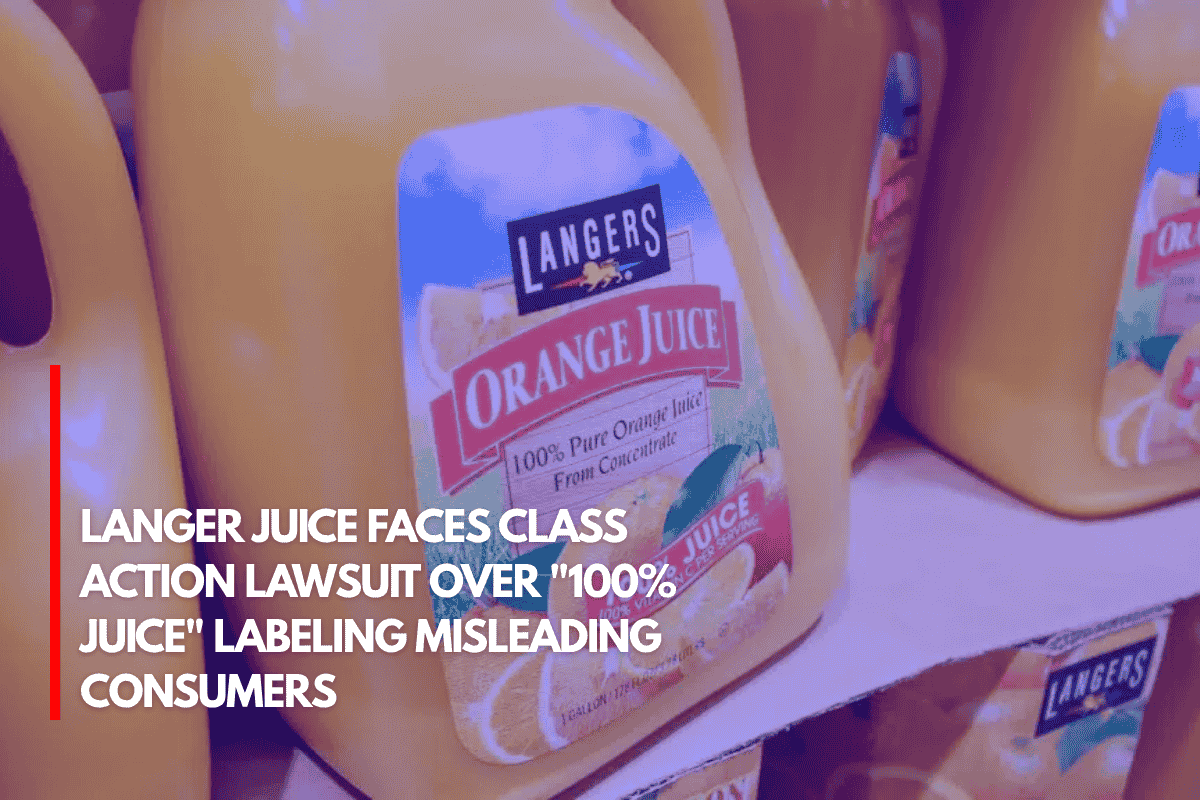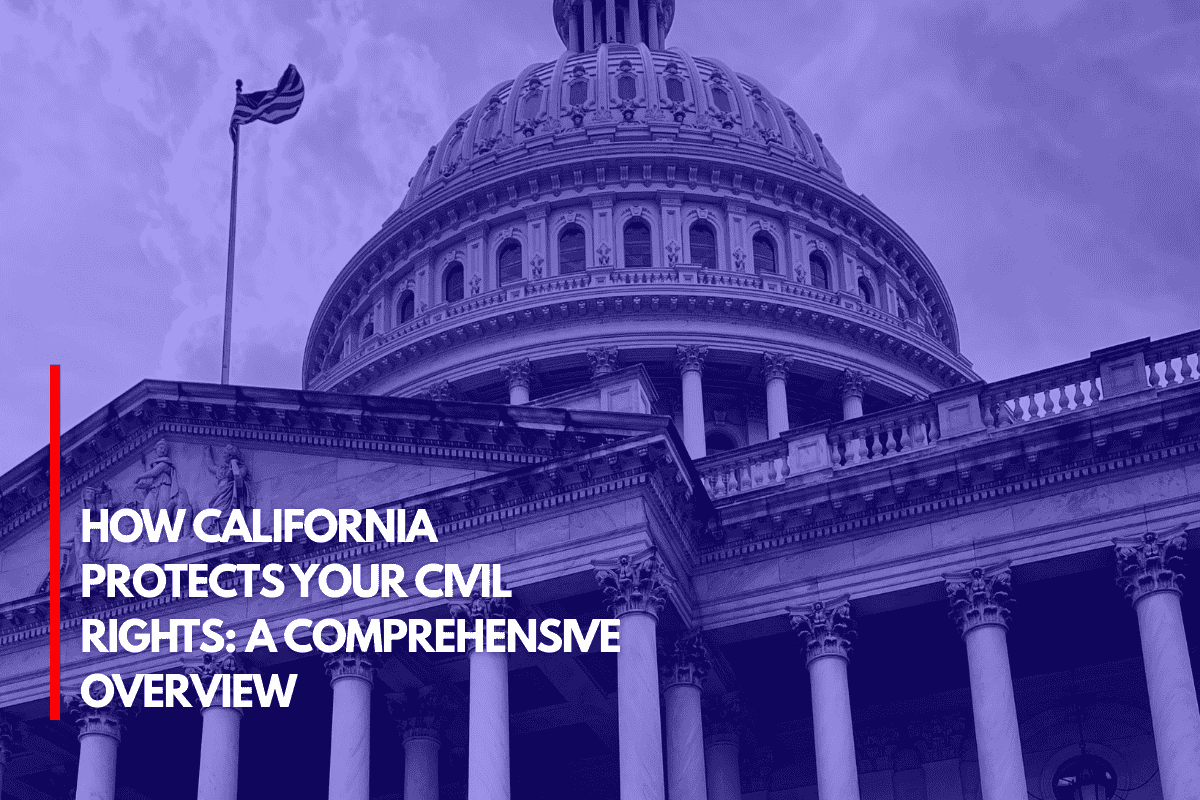Langer Juice Company Inc. is facing a class action lawsuit that accuses the company of falsely advertising its juice products as “100% juice” while actually containing various additives. The lawsuit was filed by plaintiff Hattie K. Arres in California federal court, alleging violations of both state and federal consumer laws.
The Allegations Against Langer Juice
The class action claims that Langer Juice misled consumers by labeling its products as “100% juice” or “100% pure juice” when they allegedly contained additives such as ascorbic acid, pectin, xanthan gum, citric acid, acacia gum, natural flavors, malic acid, and organic flavor.
These ingredients, according to the lawsuit, go against the reasonable expectations of consumers who would assume that products labeled as “100% juice” are free from any added substances.
Plaintiff Hattie K. Arres alleges that she purchased Langer Juice products under the belief that they were made entirely from juice, as indicated by the product labels.
She claims that had she known the beverages contained additives, she would not have bought them and would not have paid the premium price for what she believed was a pure juice product.
Legal Claims and Violations
Arres argues that Langer Juice’s marketing practices violate several laws, including:
California’s
Unfair Competition Law (UCL)
False
Advertising Law (FAL)
Consumers
Legal Remedies Act (CLRA)
The class action also includes claims for breach of warranty and unjust enrichment, arguing that Langer Juice benefited unfairly by misrepresenting the quality of its products.
By misleading consumers into paying higher prices for what they believed to be a healthier, higher-quality product, Langer Juice gained a competitive advantage over companies that comply with labeling regulations.
Class Action and Potential Compensation
The lawsuit seeks to represent consumers nationwide who have purchased Langer Juice products labeled as “100% juice” or “100% pure juice.” The plaintiff is asking for:
Monetary
recovery for herself and the proposed class members
Restitution
and disgorgement of profits from the alleged deceptive practices
An injunction
to prevent Langer Juice from continuing its alleged misleading advertising
Why This Case Matters
The lawsuit highlights the growing issue of misleading product labeling, particularly in the food and beverage industry, where consumers often pay a premium for products they believe are healthier or more natural.
If Langer Juice is found to have misled consumers, it could lead to significant changes in the way the company markets its products and could result in monetary compensation for those who were deceived by the false claims.
This case follows a trend of similar lawsuits involving deceptive marketing practices by major companies. For example, Mott’s LLP faced a similar class action lawsuit where consumers accused the company of misleading them by labeling products like ReaLemon and ReaLime as “real” and “natural,” even though they contained artificial preservatives.
What’s Next for the Langer Juice Case?
The class action lawsuit is currently ongoing in the U.S. District Court for the Central District of California, Western Division. If successful, the case could result in substantial penalties for Langer Juice, as well as a change in the company’s marketing and labeling practices.
The outcome could also set a precedent for other companies that use misleading labels on food and beverage products.
Source












